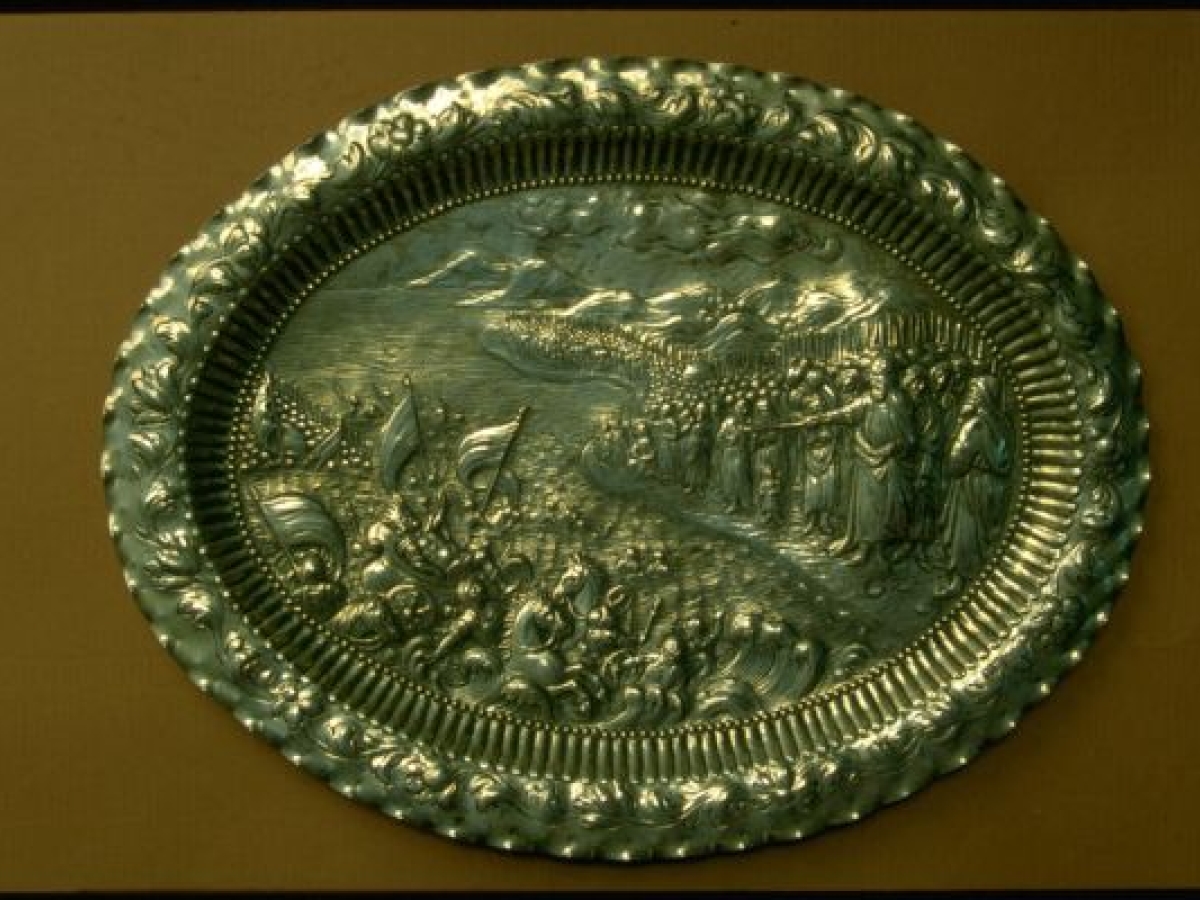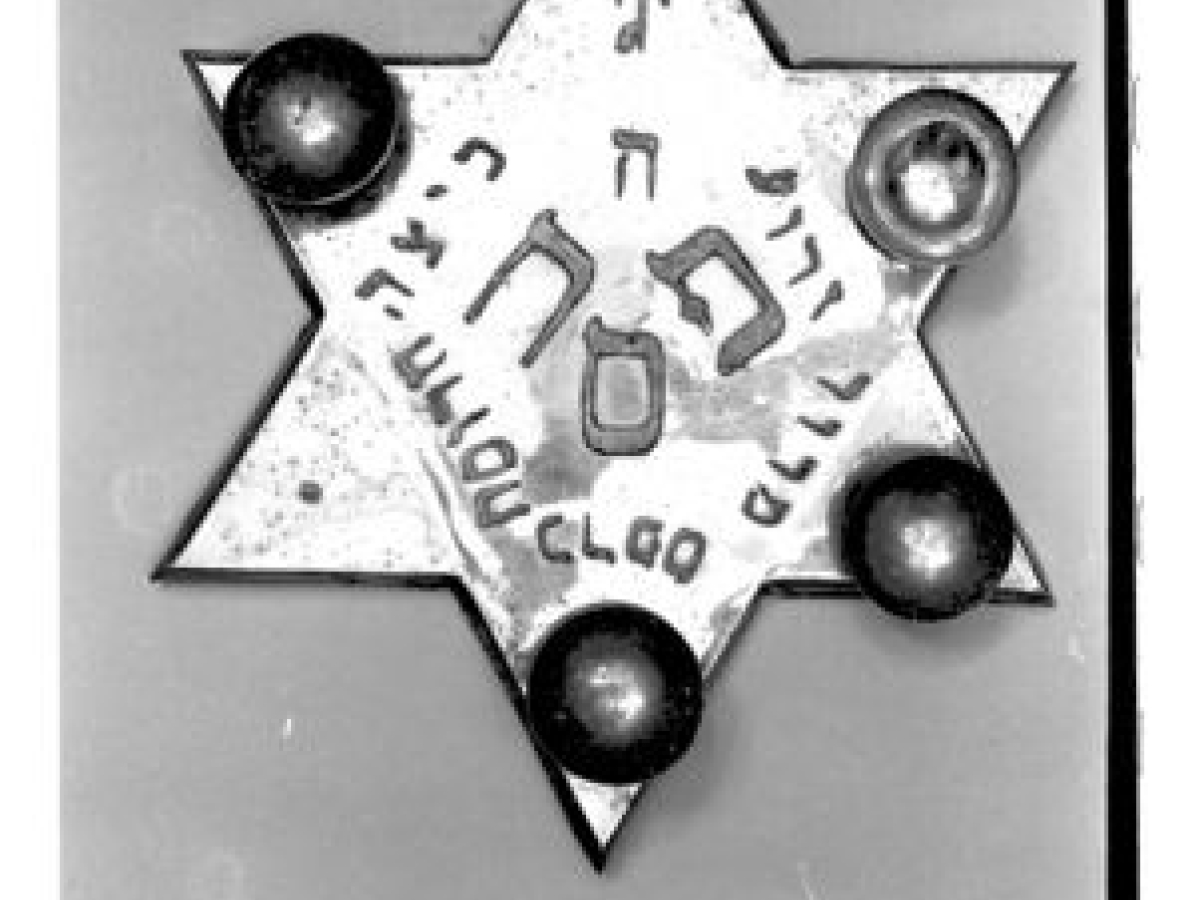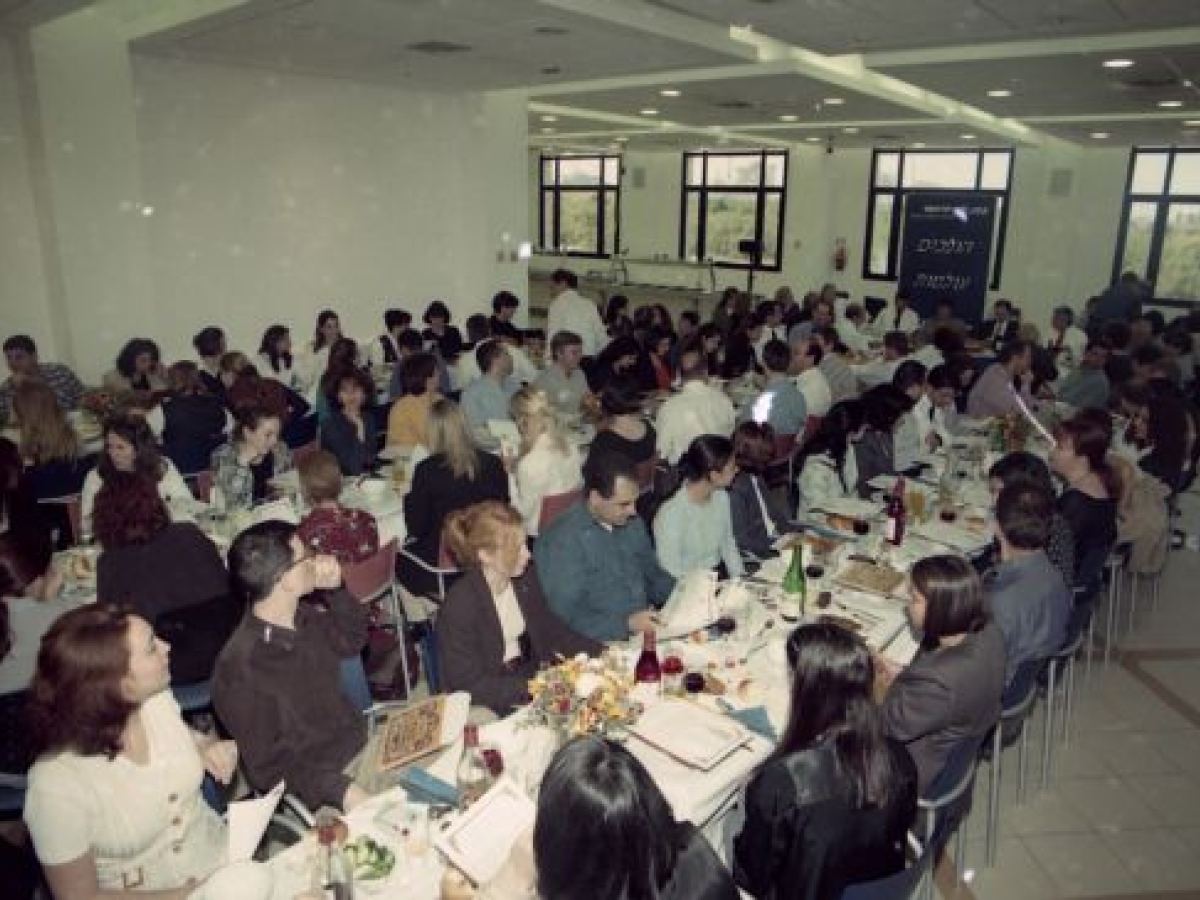A Haggadah (plural: Haggadot) is a book or script used by Jews during the Passover Seder (ritual banquet) to tell the Biblical story of the Israelite escape from Egypt. Although the traditional text and the Seder ritual have been in place for many centuries, the celebration of Passover continually evolves and adapts. Haggadot serve as guidance for family and community Seders and can be personalized to tell the story of Passover in unique ways that resonate with the people sitting around the table. Over the centuries and in different communities, Haggadot offer diverse ways to tell the stories and sing the songs of the Passover holiday.
This student-curated exhibition displays over 30 Haggadot from Harvard’s Judaica Collection (and one very special item from the Loeb Music Library: a facsimile of the exquisite Barcelona Haggadah). These volumes document the life and culture of the Jewish people throughout history—in all places, all languages, and all formats. There are over 6,000 Haggadot in Harvard Library's collections, with more added every year, reflecting the diversity of both Haggadot and the Harvard Judaica Collection.
Because many Haggadot are self-published and intended for personal use—for a particular family, school, or organization—they often are not collected by libraries and made available for researchers. For some of the Haggadot featured in this exhibition, Harvard may be the only library where these Haggadot are available for research and scholarship.
Harvard Haggadot is a flash-curated exhibition presented by four Harvard students: Rebecca Araten ('23), Dagnija Baltina (‘23), Zane Jones ('24) and Tamar Sella ('25). Staff involved with Harvard Haggadot include Catherine Badot-Costello, Susi Barbarossa and Andrew Leonard of the Weissman Preservation Center, Christina Linklater and Patricia O'Brien from the Loeb Music Library and Vardit Samuels of the Judaica Division.






